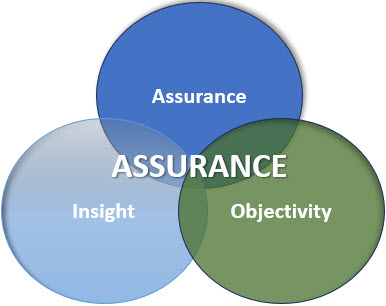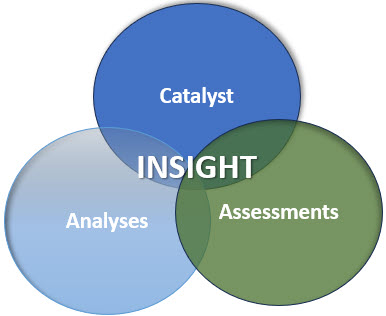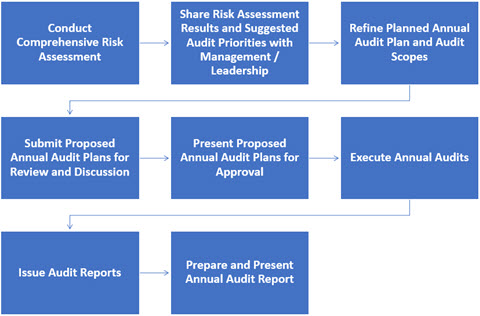- July 24, 2024: Safety, Security & Operations Divisions Restructured for Efficiency, Effectiveness
- July 12, 2024: Message from the Chancellor: Safety, Security & Operations Audit Updates
- June 13, 2024: Safety, Security & Operations Audit Report Now Available
- June 7, 2024: Message from the Chancellor: Results from the June Audit: Operations, Safety & Security
Internal Auditing is an independent and objective assurance and consulting activity that is guided by a philosophy of adding value to improve the operations. Internal audit activity assists ACC in accomplishing its objectives by bringing a systematic, disciplined approach to evaluate and improve the effectiveness of its governance, risk management, compliance and internal controls. Internal audit activity assists management in maintaining alignment with ACC strategic goals by evaluating activities and processes, recommending improvements, and providing other information designed to promote effective controls.
To enhance and protect organizational value by providing risk-based and objective assurance, advice, and insight.
Purpose of Internal Auditing
Internal auditing enhances the organization’s success by providing the Board and management with objective assurance and advice.
Internal audit strengthens the organization’s:
- Value creation, protection, and sustainability.
- Governance, risk management, and control processes.
- Decision-making and oversight.
- Reputation and credibility with its stakeholders.
- Ability to serve the public interest.
Internal auditing is most effective when:
- It is performed by qualified internal auditors in conformance with the Global internal Audit Standards, which are set in the public interest.
- The internal audit function is independently positioned with direct accountability to the board.
- Internal auditors are free from bias and undue influence and committed to making objective assessments.
Internal Audit Framework
Guiding Principles
- Texas Internal Auditing Act
- Global Internal Audit Standards promogulated by the Institute of Internal Auditors
- Government Auditing Standards (Yellow Book)
- ACC Administrative Rule 3.0403.01, Internal Audit (Audit Charter)
- ACC Board Policy CDC, Accounting – Audits
Ethics and Professionalism
- Principal 1 – Demonstrate Integrity in our work and behavior.
- Principal 2 – Maintain Objectivity by maintaining an impartial and unbiased attitude when performing audit services and making decisions.
- Principal 3 – Demonstrate Competency by applying knowledge, skills, and abilities to fulfill our roles and responsibilities successfully.
- Principal 4 – Exercise Due Professional Care in planning and performing internal audit services.
- Principal 5 – Maintain Confidentiality by using and protecting information appropriately.

Governing bodies and senior management rely on Internal Auditing for objective assurance and insight on the effectiveness and efficiency of governance, risk management, and internal controls.

With commitment to integrity and accountability, Internal Auditing provides value to governing bodies and senior management as an independent source of objective and advice.

Internal Auditing is a catalyst for improving an organization’s effectiveness and efficiency by providing insight and recommendations based on analyses and assessments of data and business processes.
The internal audit activity provides assurance to management and the audit committee that risks to the organization are understood and managed appropriately. And it serves as an in-house consultant on many areas of interest.
As partners to management, internal auditors are positioned to help protect the organization against both traditional and emerging risks; provide consultation about how opportunities and vulnerabilities can be balanced; and make valuable recommendations for assessing and strengthening corporate governance.

Internal Audit Key Activities

Internal Audit Plan
ACC is conducting internal audits with McConnell Jones, an external firm located in Houston.
- The Operations, Safety, and Security divisions audit was completed in May, 2024. The results of the audit led to a realignment of the organizational structure to address findings which indicated areas in need improvement regarding processes, structures, and efficiencies.
- The Procure to Pay (P2P) audit was completed in October, 2024 and focused on the areas of procurement, receiving/materials management, accounts payable and procurement cards.
- An advisory review of the Grants Life Cycle was completed in April 2025.
- An advisory review of the IT department is under way and scheduled for completion in October 2025.
Campus Operations | Safety & Security – May 30, 2024
Procure to Pay (P2P) – October 1, 2024
Grants Lifcycle Advisory Report – April 4, 2025
What to expect if your department has been selected for an audit
Kickoff Meeting
The internal auditors will meet with management and other key personnel to provide an overview of the audit’s focus areas, scope, timeline, objectives, process, and deliverables.
Fieldwork:
The internal auditors will assess management controls and processes to determine if they
are effective.
The focus areas are:
– organization structure and segregation of duties
– written policies and procedures
– information systems used
– compliance with college, state and federal policies and procedures
Audit Report:
The internal auditors will compose a draft report once fieldwork is completed. The draft report includes an executive summary (background information, root cause / impact synopsis, proposed organization functional assignments), audit findings and recommendations.
An exit conference will be scheduled to review the draft report and discuss next steps which include management responses, detailed action plans and a target date for completion of each audit finding.
A final report will be submitted to the Chancellor and key college stakeholders. The report will also be published on this page.


